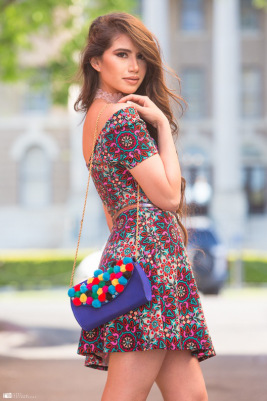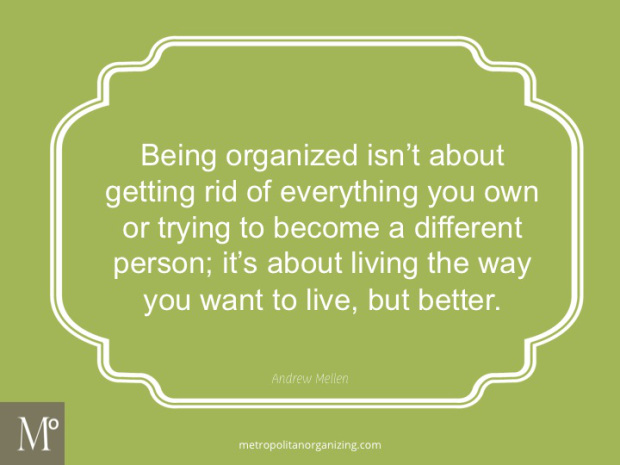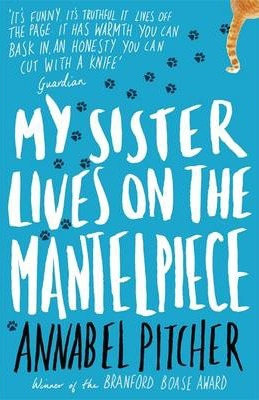By Maria Martinez
Blog Content Contributor
We’ve all heard the phrase “reduce, reuse, recycle”, but not many of us live by it.
Jessica Salazar is different. She’s an ethical lifestyle advocate and she is helping to change the world one step at a time. What started out with just giving up meat, has transformed into a whole new lifestyle. She went from being vegetarian to vegan and after two years, now even her fashion choices are changed.
I’d always knew that killing animals to make clothes, handbags and shoes was not right. Then after seeing stores like H&M advertising their “Conscious” collection, I became more aware that the fashion industry is more than just pretty clothes. Before I spoke to Jessica, I thought that eco-fashion meant not buying fur or leather and buying clothes made only using organic textiles. But what I learned that eco-fashion is not just that; there are a lot of aspects to it.
What do you stand for?
Ethical fashion or eco-fashion is an umbrella term but there are different categories. For example, Jessica’s thing is mainly helping animal and women and children’s welfare. And what this means is, that before she buys something, she checks if there were any animals harmed in the process and also where is this product coming from.
Many of us are conscious about the horrible processes animals go through to make a piece of fashion but we rarely think about the humans who are also affected by it. In 150 countries around the world, over 2 million people, many of them young women and teenagers, work in garment sweatshops producing for U.S. retailers. In these sweatshops, people are not treated fairly; they are working excessive hours (16hrs +) in poor working conditions. It is forced labor where they are exposed to harmful chemicals.
So if a brand says they are ethical or eco-friendly, you need to see in what aspect they are. Many brands only use organic cotton, but their products are made in a factory that consistently uses sweatshops or uses leather. If that doesn’t resonate with you, maybe that shouldn’t be the brand you buy from. You don’t have to hit to every aspect of ethical fashion–vegan, fair trade, child labor, sweatshops–but whatever you buy, you need to support.
Is it vegan? Upcycled? Local?
Vegan fashion means no fur, leather, down, silk, wool, cashmere, snakeskin or suede (just to mention a few)–everything that uses some part of an animal. After Jessica became vegan, it opened her eyes to understand the whole realm of what this lifestyle meant. If she had already stopped consuming animals, why not do the same with her clothing? She is an active supporter of this lifestyle. Recently PETA (People for the Ethical Treatment of Animals) reposted one of her Instagram pictures. How cool is that?
 Every outfit Jessica wore in this photoshoot was either secondhand or thrifted. Photo via Larry Castillo.
Every outfit Jessica wore in this photoshoot was either secondhand or thrifted. Photo via Larry Castillo.
Did you know that by buying second hand you are also helping our planet? Jessica taught me that. She does a lot of thrifting and buys from second hand since it is a way to give another life to something. However, even there she makes sure she is not buying anything that goes against her beliefs. She told me buying second hand is one of the easiest ways to start into this lifestyle.
Visit your local thrift stores to see what they have to offer. Some stores may have great things and some others may not. But don’t get discouraged, you might find the pot of gold at the end of the rainbow in one. One of her faves is in Austin; it is a shop called Atown where artisans around the area sell their work. They have both first-hand and used products.
She buys new every now and then but if she buys new she makes sure that the brand either supports the local community, or the welfare of women, or any organization that betters humans as a whole. If you are not sure if there are any places like this in your area, she advises people to just Google things. It is important you do your research if you want to transition into this lifestyle.
Look at the labels
It does take a little study of where to go, what to buy, who do you buy from. But thankfully, being eco-friendly is becoming easier and easier, as brands are now more aware of our planet. However, it has a long way to go. It’s still not as easy as just going to the outlets and buy an eco-shirt, though Jessica feels that the fashion industry is going in that direction. Maybe in a couple of years we could just go buy an eco-friendly product. In the meanwhile, look at the tags. Try to look for products that are made from cotton, polyester, spandex or any recycled materials.
It makes Jessica happy to know she is protecting our world. She wants people to know that ethical fashion is not boring, it can be fun, edgy and bold. Once people start getting into it, it becomes a lot easier being conscious.
We can’t paint this pretty picture, when the reality is not that. Being eco-friendly does play a very important part in our society. It’s up to us buyers to change the world we live in. We might think that because we are only one person our purchase doesn’t matter, but let me tell you it does. Those dollars count and they add up. So once a consumer decides not to buy certain products, it is saying something to the fashion industry.
You can follow Jessica Salazar on Instagram @allthereaugust.
Featured image via Larry Castillo.
Share this:




